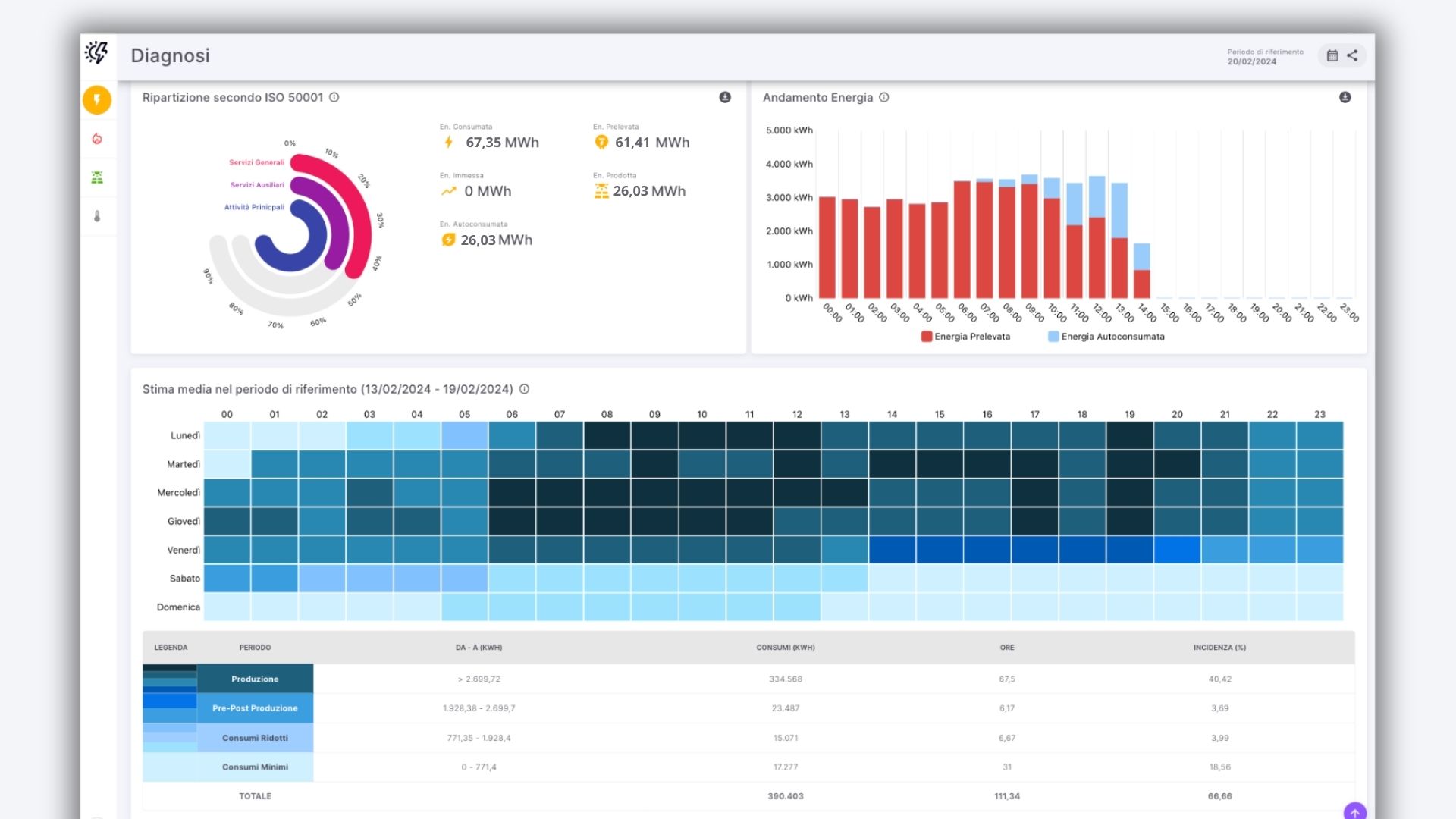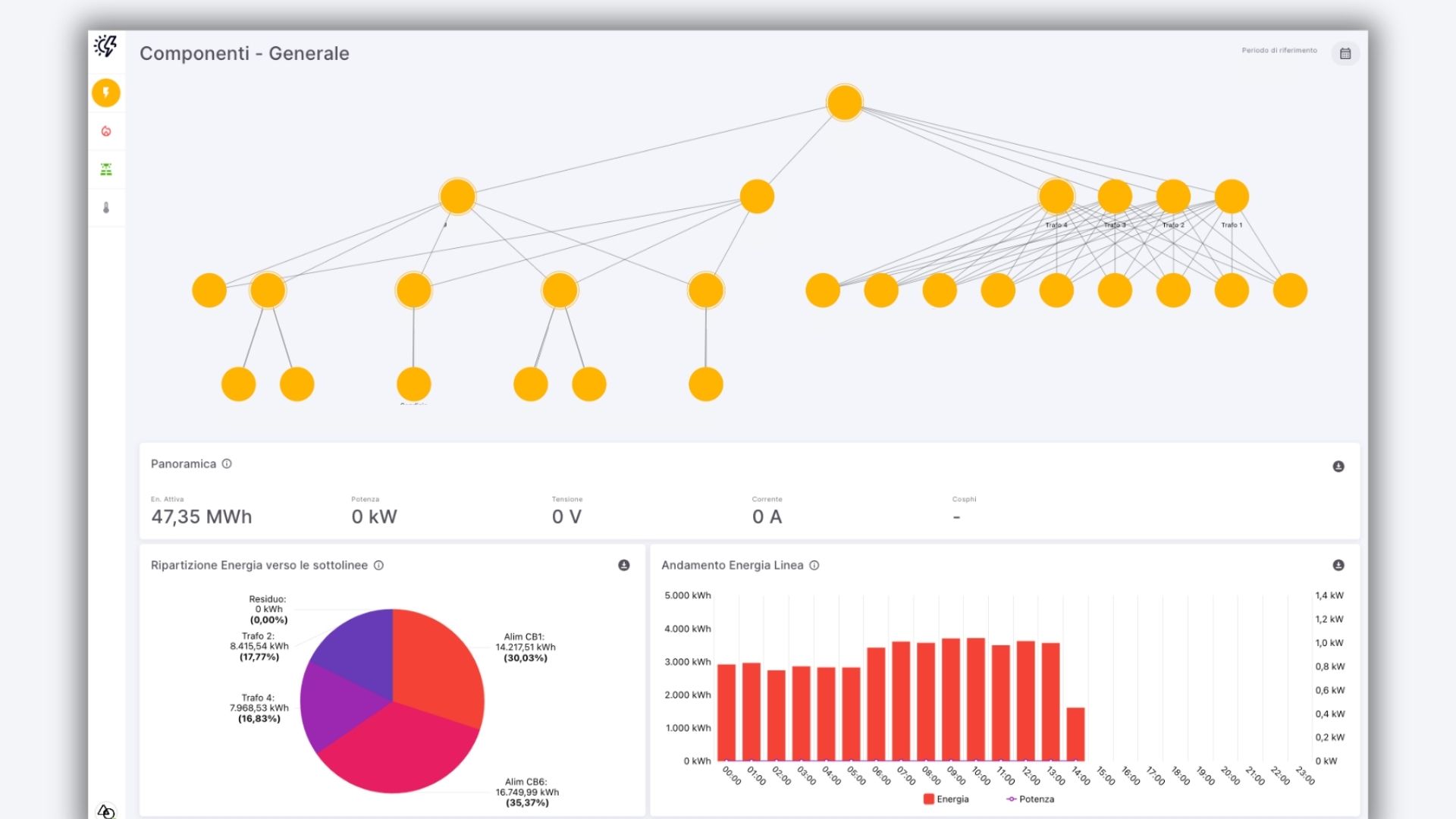The industrial energy landscape is undergoing a significant metamorphosis, a transformation that goes far beyond the simple relationship between production and consumption.
We are witnessing the extraordinary evolution of the role of industries in the energy transition and a series of key factors, including the growing adoption of strategic agreements with network operators through Power Purchase Agreements (PPA) and Energy Performance Contracts (EPC), as well as a careful modulation of each industry's potential in terms of energy efficiency, energy production, self-consumption, and flexibility with the grid, in relation to the model of microgrids and UVAMs.

